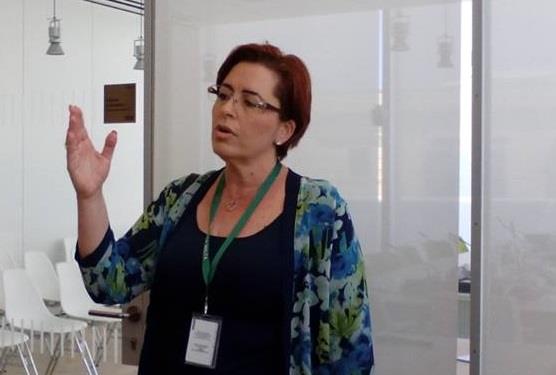A survey on health literacy has found that 11.5 per cent of respondents find it fairly difficult to understand what their doctors tell them.
Expressing her disappointment at the absence of the Health Minister, Parliamentary Secretary and Permanent Secretary during the presentation of findings relating to the Health Literacy Survey results held earlier this week, PN MP Claudette Buttigieg mentioned that money is being spent in a number of areas, but not enough was provided for this particular research.
The survey found that around 54.2 per cent of the Maltese adult population has a “sufficient” or “excellent” level of health literacy, while 45.8 per cent have a “problematic” or “inadequate” level of health literacy. The study was carried out by the Office of the Commissioner for Mental Health in partnership with the National Statistics Office in an effort to measure the health literacy level of the Maltese population and explore ways on how health literacy can be improved in the future.

The original European Health Literacy Project was conducted by an EU Consortium under the leadership of Maastricht University with eight associated research partners from Austria, Germany, Poland, Greece, Ireland, Bulgaria, Spain and The Netherlands. Many other countries have subsequently joined this project by carrying out the survey. By adopting the same tool devised by the Consortium, in 2014 Malta joined the other member states and conducted the survey of the adult population.
The report was made through the abridged version of the original survey questionnaire.
Commissioner of Mental Health John Cachia explained that a baseline study according to the University of Maastricht criteria was used and 16 questions were chosen. “We questioned whether to do a full survey or act upon the current data. The results are quite clear in themselves. We chose the 16 questions that would help paint the best possible picture of the situation in Malta. Our advice is to begin looking at the results and work with these results”.
A stratified random sample of people aged 18 and over was selected for this survey. In total, information from 1,514 persons was gathered using a standardised questionnaire.

Individuals with a tertiary level of education were found to be more health literate than all the other educational attainment subgroups of the population. People who considered their health to be “very good” had better health literacy than the rest of the population. In addition, those who had no problems paying for medication if necessary or who could afford to pay for doctor visits, tended to have better health literacy levels.
One of the more concerning statistics refers to finding information about an illness that affects that particular person. In this question, 15.8 per cent of respondents said they found this to be “fairly difficult”.
When it comes to problems such as stress or depression, the survey found that just over 54 per cent of respondents found it fairly easy to find information on how to manage these mental health issues.
Survey participants expressed difficulty or did not know how to use media information to protect themselves from illness and how to judge the credibility of health information published by the media. On the other hand, it was overwhelmingly easy for participants to understand and follow professional instructions and instructions on medicines, understand health warnings and health screenings, and judge behaviour related to health. “These responses confirm the success of past efforts in our health system but also indicate that further action is required in mental health and in citizen empowerment on health decisions and choices based on reliable information from the media and from personal encounters with trained professionals.”